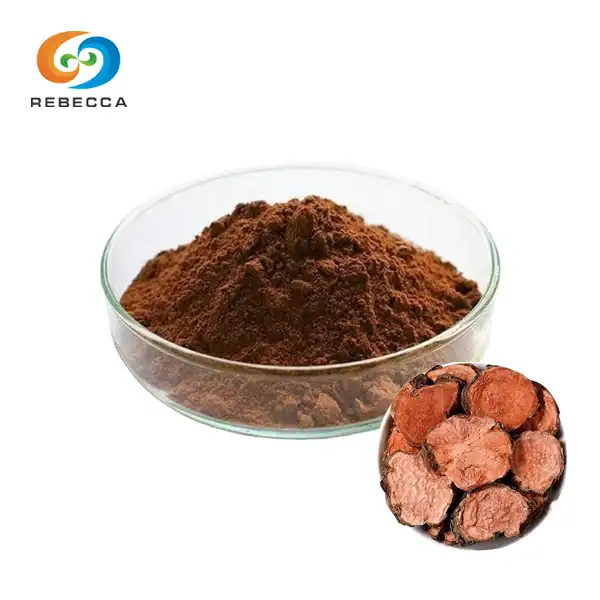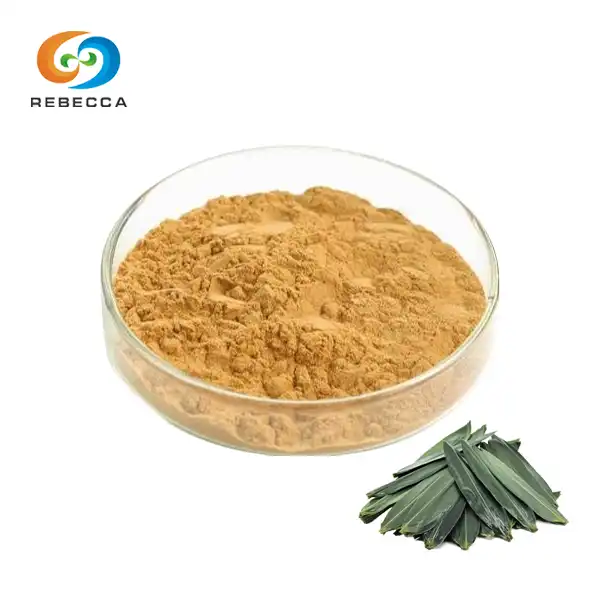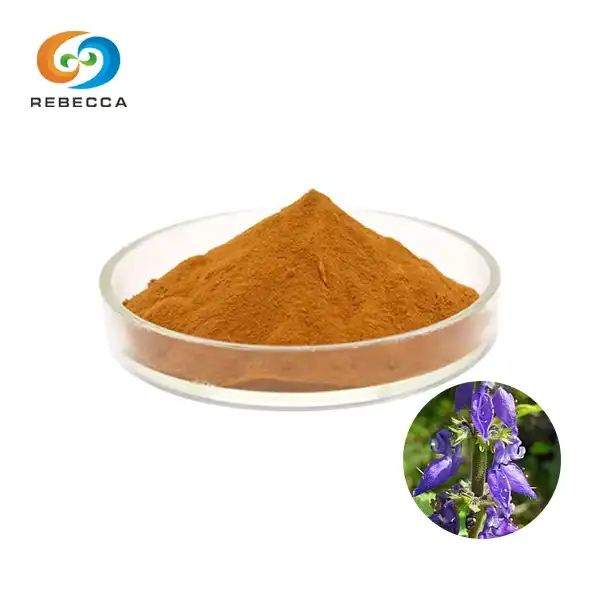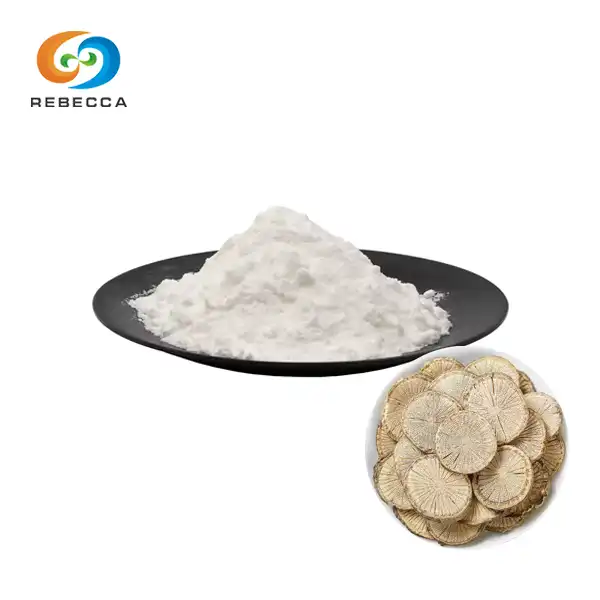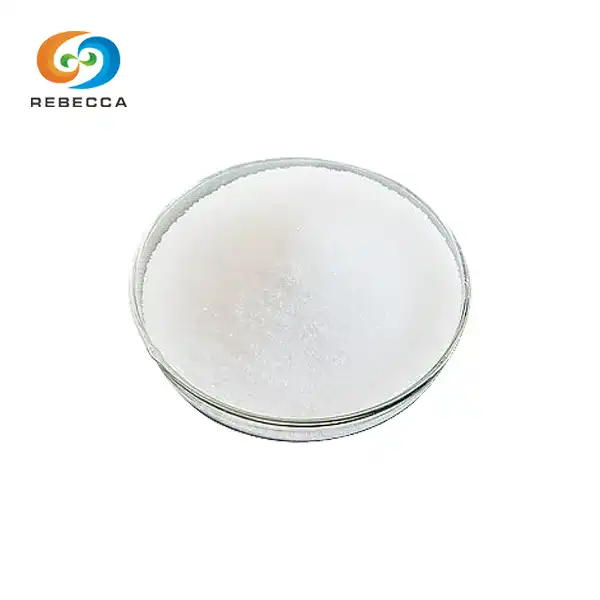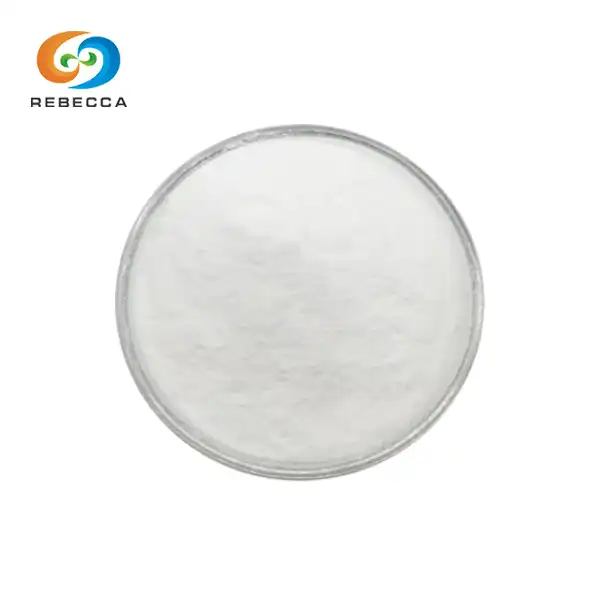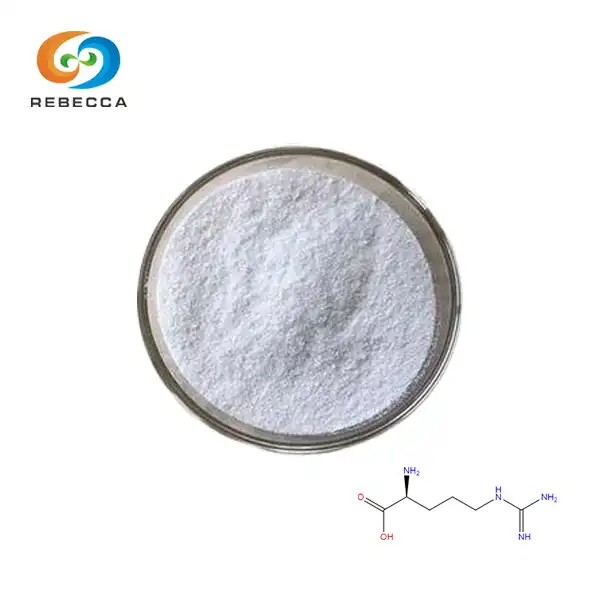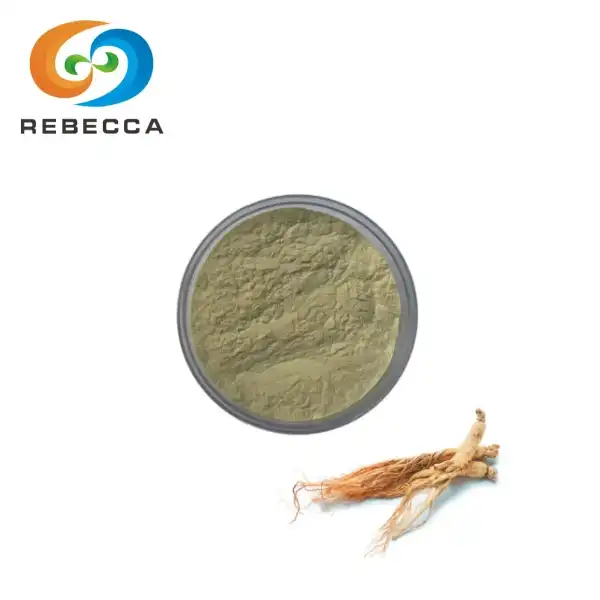Is fucoxanthin an antioxidant?
Rebecca Bio-Tech's blog explores the antioxidant properties of fucoxanthin extract, how it compares to other antioxidants, and its potential health benefits.
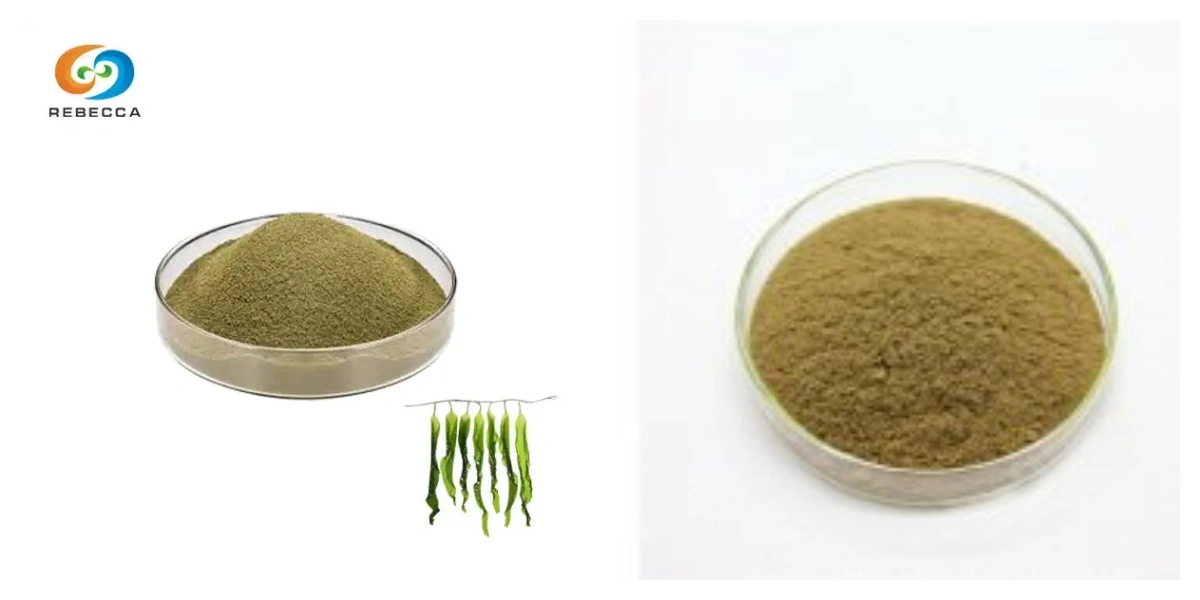
How Does Fucoxanthin Exhibit Antioxidant Properties?
Fucoxanthin powder, derived from organic fucoxanthin sources, has demonstrated remarkable antioxidant capabilities through various mechanisms. its unique molecular structure, which includes an unusual allenic bond and a 5,6-monoepoxide group, contributes to its potent antioxidant activity.
One of the primary ways fucoxanthin acts as an antioxidant is through its ability to scavenge free radicals. Free radicals are unstable molecules that can damage cellular components, leading to oxidative stress. it has been shown to neutralize various types of free radicals, including superoxide anion radicals, hydroxyl radicals, and singlet oxygen.
Additionally, fucoxanthin extract has been found to enhance the activity of antioxidant enzymes in the body. Studies have demonstrated that fucoxanthin can increase the expression and activity of enzymes such as superoxide dismutase, catalase, and glutathione peroxidase. These enzymes play crucial roles in the body's natural antioxidant defense system.
Furthermore, it has been observed to protect cellular membranes from oxidative damage. Its unique structure allows it to integrate into cell membranes, where it can intercept and neutralize free radicals before they can cause harm to the lipid bilayer.

How Effective Is Fucoxanthin Compared to Other Antioxidants?
When comparing the antioxidant efficacy of fucoxanthin to other well-known antioxidants, it's important to consider various factors such as the type of free radicals being neutralized and the specific cellular environments in which the antioxidants operate.
Research has shown that fucoxanthin powder exhibits stronger antioxidant activity than α-tocopherol, a form of vitamin E, in certain in vitro studies. For instance, it demonstrated superior ability to quench singlet oxygen and scavenge free radicals compared to α-tocopherol.
Compared to other carotenoids like β-carotene and astaxanthin, it has shown comparable or, in some cases, superior antioxidant capacity. A study comparing various carotenoids found that organic fucoxanthin had a higher oxygen radical absorbance capacity (ORAC) value than β-carotene, indicating a stronger ability to neutralize certain types of free radicals.
However, it's crucial to note that the effectiveness of an antioxidant can vary depending on the specific type of oxidative stress and the cellular environment. its unique structure allows it to be particularly effective in lipid-rich environments, such as cell membranes, where it can protect against lipid peroxidation more effectively than some other antioxidants.
Moreover, fucoxanthin has shown synergistic effects when combined with other antioxidants. For example, when used in combination with tocotrienols (another form of vitamin E), it exhibited enhanced antioxidant activity compared to either compound alone.

What Are the Health Benefits of Fucoxanthin as an Antioxidant?
The antioxidant properties of organic fucoxanthin contribute to its numerous potential health benefits. While more research, particularly human clinical trials, is needed to fully elucidate these benefits, preliminary studies have shown promising results.
1. Cardiovascular Health: As an antioxidant, it may help protect against oxidative stress-induced damage to the cardiovascular system. Studies have shown that fucoxanthin can reduce the oxidation of LDL cholesterol, a process that contributes to the development of atherosclerosis.
2. Neuroprotection: its antioxidant effects may extend to the nervous system. Research suggests that fucoxanthin could protect against oxidative stress-induced neuronal damage, potentially offering benefits in neurodegenerative conditions.
3. Skin Health: Its antioxidant properties may contribute to skin protection. Studies have shown that fucoxanthin can protect skin cells from UV-induced oxidative stress, potentially helping to prevent premature skin aging and reduce the risk of skin cancer.
4. Anti-inflammatory Effects: While not directly related to its antioxidant activity, its anti-inflammatory properties often work in tandem with its antioxidant effects. By reducing both oxidative stress and inflammation, it may offer comprehensive protection against various chronic diseases.
5. Metabolic Health: Some studies suggest that fucoxanthin may help improve insulin sensitivity and glucose metabolism, potentially offering benefits for individuals with or at risk of type 2 diabetes. While the exact mechanisms are still being studied, the antioxidant properties of fucoxanthin likely play a role in these effects.
6. Eye Health: Preliminary research indicates that organic fucoxanthin may protect against oxidative stress-induced damage in the eyes, potentially helping to prevent age-related macular degeneration and other eye conditions.
It's important to note that while these potential benefits are promising, more research, especially human clinical trials, is needed to fully understand the extent of its health benefits and to determine optimal dosages and methods of administration.

Fucoxanthin Powder Supplier
Looking to secure a reliable partner for your production needs? Look no further than Rebecca Bio-Tech. With our three advanced production lines, we produce over 100 high-quality products, including fucoxanthin powder, with an annual capacity exceeding 2,000 tons. Our commitment to a stable supply chain ensures consistent availability for your business. We offer competitive pricing and provide free samples along with MSDS documents, showcasing our dedication to transparency and customer satisfaction. Reach out to us at information@sxrebecca.com to learn more and take the first step towards a successful partnership.
References:
- Peng, J., et al. (2011). Fucoxanthin, a marine carotenoid present in brown seaweeds and diatoms: metabolism and bioactivities relevant to human health. Marine Drugs, 9(10), 1806-1828.
- Sangeetha, R. K., et al. (2010). Antioxidant activity of fucoxanthin on liver lipid peroxidation in rats. Journal of Medicinal Food, 13(1), 167-174.
- Maeda, H., et al. (2007). Fucoxanthin and its metabolite, fucoxanthinol, suppress adipocyte differentiation in 3T3-L1 cells. International Journal of Molecular Medicine, 20(1), 139-145.
- Sachindra, N. M., et al. (2007). Radical scavenging and singlet oxygen quenching activity of marine carotenoid fucoxanthin and its metabolites. Journal of Agricultural and Food Chemistry, 55(21), 8516-8522.
- Nishino, H., et al. (2009). Cancer prevention by carotenoids. Archives of Biochemistry and Biophysics, 483(2), 165-168.
